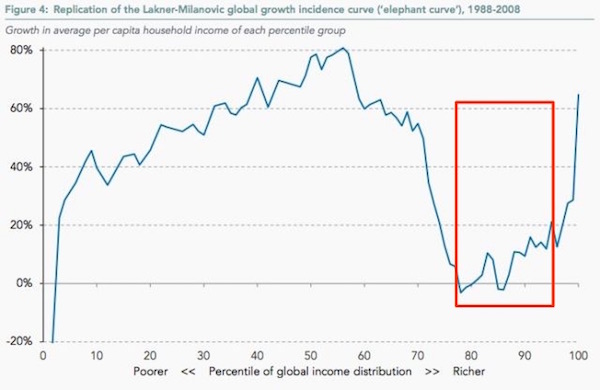I should start by saying that the headline isn’t exactly clickbait, because who writes clickbait on Boxing Day anyhow, but it does oversell what I’m about to write, which is not a Grand Unified Theory mutually contextualizing all three topics — perhaps another time — but a consideration of each topic, in linear order. That is, first I’ll consider “The Narrative,” then I’ll consider the neo-liberal dispensation that has ordered the governance of the country since the mid-70s, and lastly I’ll ask if identity politics can provide an account of neo-liberalism, and if so, what sort.
“The Narrative”
I know I linked to this already this morning, but I’ve been turning it over in my mind as a jumping off point (and in any case, I forgot to say, as I should have said: “Please distribute widely”!) From “Stunned By Trump, The New York Times Finds Time For Some Soul-Searching,” in the Hollywood Reporter:
For starters, it’s important to accept that the New York Times has always — or at least for many decades — been a far more editor-driven, and self-conscious, publication than many of those with which it competes. Historically, the Los Angeles Times, where I worked twice, for instance, was a reporter-driven, bottom-up newspaper. Most editors wanted to know, every day, before the first morning meeting: “What are you hearing? What have you got?”
It was a shock on arriving at the New York Times in 2004, as the paper’s movie editor, to realize that its editorial dynamic was essentially the reverse. By and large, talented reporters scrambled to match stories with what internally was often called “the narrative.” We were occasionally asked to map a narrative for our various beats a year in advance, square the plan with editors, then generate stories that fit the pre-designated line.”

